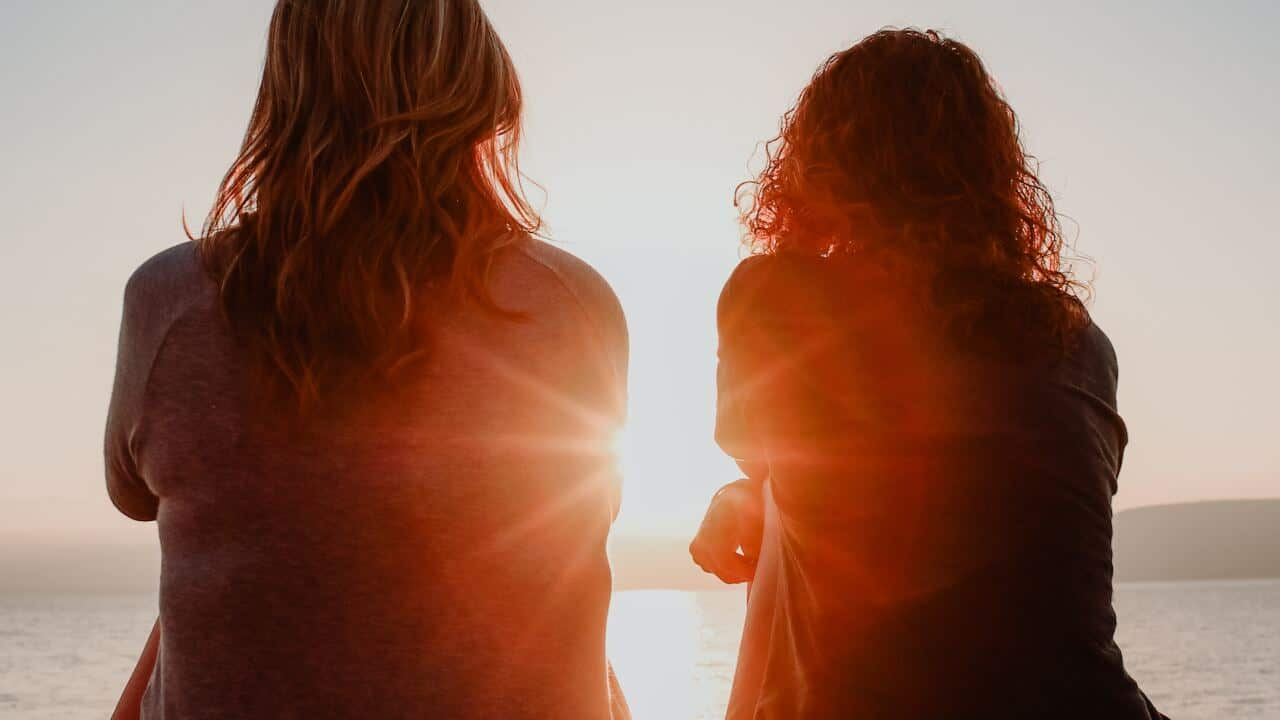I call myself a lucky woman. I may not have much, but I have friends. I have a circle of humans who I would, in fact, call some of the best people in the world. Which is a fortunate thing, because over the past 18 months of my life, I have needed that. I have needed support, and love and kindness, and to know that in moments of abject and total darkness, there were people I could turn to, who would bring a candle into my world and cast a little light where it was missing the most.
I decided to come out and to transition in August of 2018, although the journey leading to that moment and the process itself were so gradual as to be difficult to pin down to a specific date. I was petrified of what it would mean for me, for the rest of my life stretching ahead.
As I reached out to my friends, one by one, to tell them who I really was, and introduce myself for the first time, the responses that poured in were breathtaking. They were a perfect example of how best to support a transgender person. These were people who didn’t ask questions I didn’t want to or yet know how to answer. They simply asked how they could help. They asked if they could hug me. They asked if I was going to be okay, and convinced me through their words and actions that they would stand firmly between me and the dark and terrible things. When I said I was a woman, one of them said she would immediately consider me a sister. One of them said she wouldn’t leave me to have to be brave alone. One of them simply said, “no shit.”
I was in shock. I didn’t know how to process it. I didn’t know how to respond to actually and truthfully being loved.
I was in shock. I didn’t know how to process it. I didn’t know how to respond to actually and truthfully being loved.
Transitioning is a difficult road. You face so much hate, and so much ignorance. In a 24-hour period, the level of vile abuse you can take online and in person and even on a busy Sydney street corner in full view of the general public, is breathtaking. The death threats. The encouragement to kill or harm yourself. The personal attacks, insults and slurs. On a political level, the acceptability of calling you a monster. On a social level, the prying questions from complete strangers who feel entitled to ask about your genitals.
Dark and terrible things. There are a lot of those.
If you have a transgender person in your life, showing us love is an important key to our survival. So many of our relationships can feel as though they are at risk, or no longer on firm ground, when we start to fundamentally change who we are, by fundamentally becoming who we were always meant to be. Knowing that we have love, being shown that we have love, and being convinced of it in our moments of doubt can mean the world, and make a world of difference.
If you have a transgender person in your life, showing us love is an important key to our survival.
I think the most important moment of my life, and of my story, happened a few months ago. I was nearing the anniversary of coming out, and approaching 12 months of being open about my transgender womanhood, and my body had settled into its hormone treatment, marking the end of my lengthy transitioning to-do list.
A friend of mine was in town from Melbourne, and she invited me over to her Airbnb for dinner. When I arrived, to my utter shock and disbelief, she had gone through our messages together to find the people who meant the most to me, and had reached out to them to organise a surprise dinner party.
I walked into her living room, and was instantly stunned by the love that was gathered there, entirely for me, to support me and share my newfound joy. We spent the night laughing and talking, about everything and about nothing at all. A group of women who had embraced me as one of their own, and had loved me for who I was.
Later that night, when I got home, I cried. There was no other emotional response to reach for, beyond happy tears, in the warm knowledge that people cared.
Joan Westenberg is a freelance writer. You can follow Joan on Twitter





